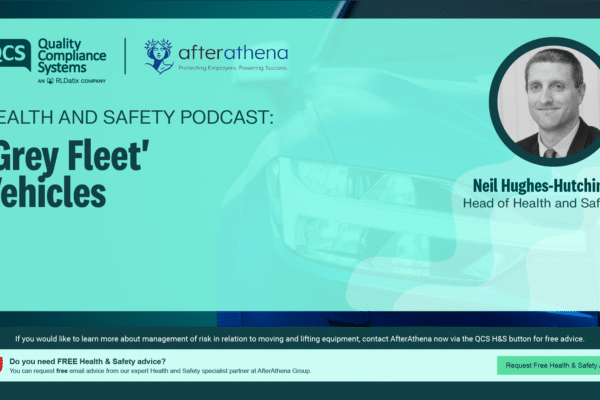There are some things that are easy to ignore in life. You can go for a lifetime and never have a McBurger, you can stay away from the gym for years and you can even refuse to use a satnav in the car. But there is one thing that we can`t run away from in our working life, that is Care Quality Commission. Whether we like it or not there are now some responsibilities that have been thrust upon us through the involvement of CQC in regulating what we do and how we perform in practice.
One aspect of practice that has changed beyond our pre-CQC experience can be illustrated by two small areas of Standard 1.
- 1B People who use services have their care, treatment and support needs met because: They, or those acting on their behalf, are involved in assessing, planning and carrying out their care, treatment and support.
- 1J People who use services can influence how the service is run as they are given opportunities to take part in decision making through:
- General discussions with the provider, on an informal basis, as the person who uses services wishes.
- Periodic surveys or gathering of their views.
- A representative user group made up of people who are using, or have used, the service or similar services.
This now gives the public, and our patients particularly, the right to have say in how we provide services. This is well demonstrated by a recent development, ‘A Call to Action’, an NHS England initiative in which CCGs will be required to meet with charities and patient groups to find ‘local solutions’ to the challenges facing the NHS.
How will this affect GPs? NHS bosses in London recently carried out a consultation on patient satisfaction with practice opening hours. This has now placed GPs in a difficult position as the report said: ‘Our health and care services need to radically change to better meet the needs of modern Londoners.’ Many patients report that they would like to be able to access their GP more quickly when they need to; and see a GP before work, after work or at the weekend.’
New inspector of general practice, Professor Steve Field, has also said `GPs will be facing scrutiny with regards to the level of access they provide to patients as part of a new CQC inspections regime coming into force from next April`. This means that the new, and focused, approach being considered by CQC will not be diminishing the responsibility to act on public/patient wishes.





